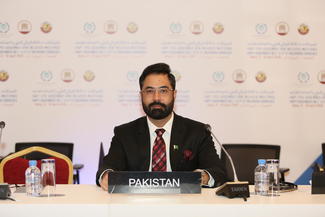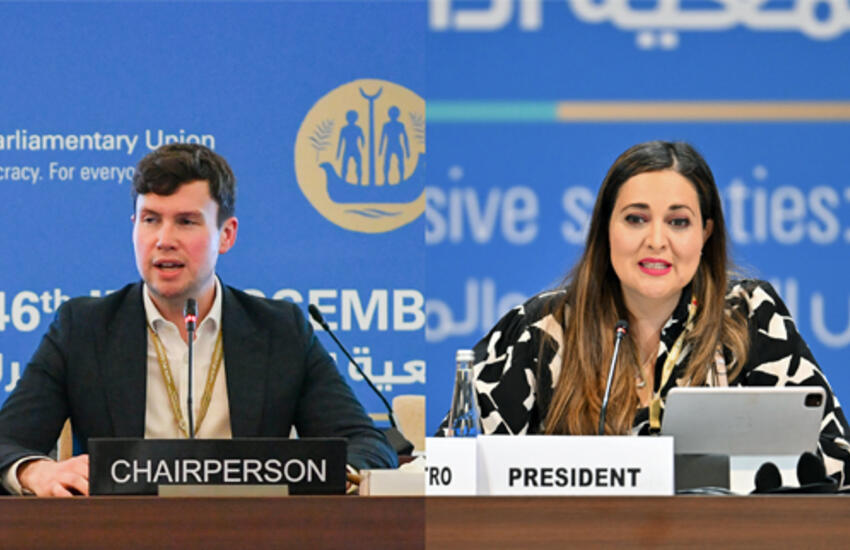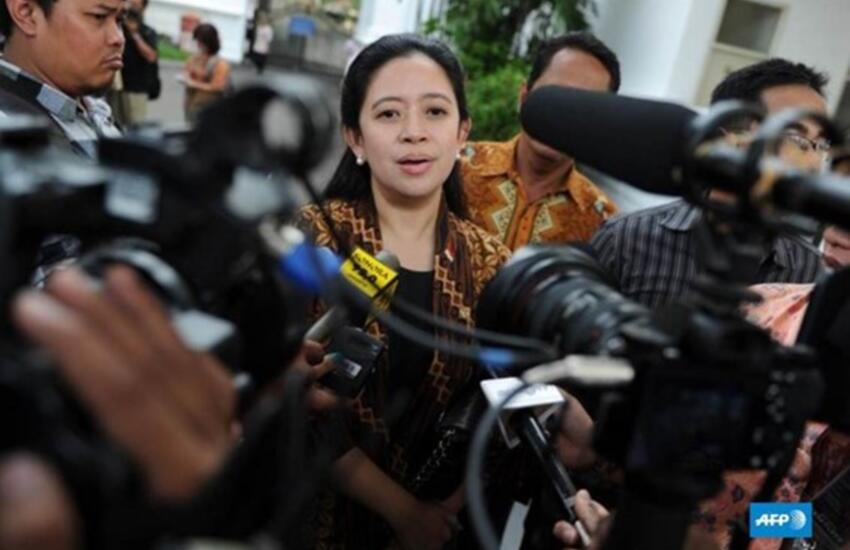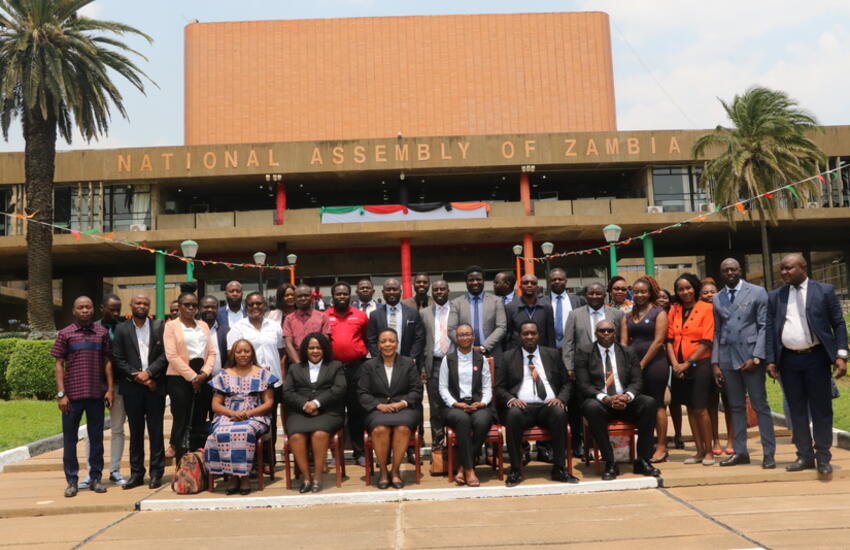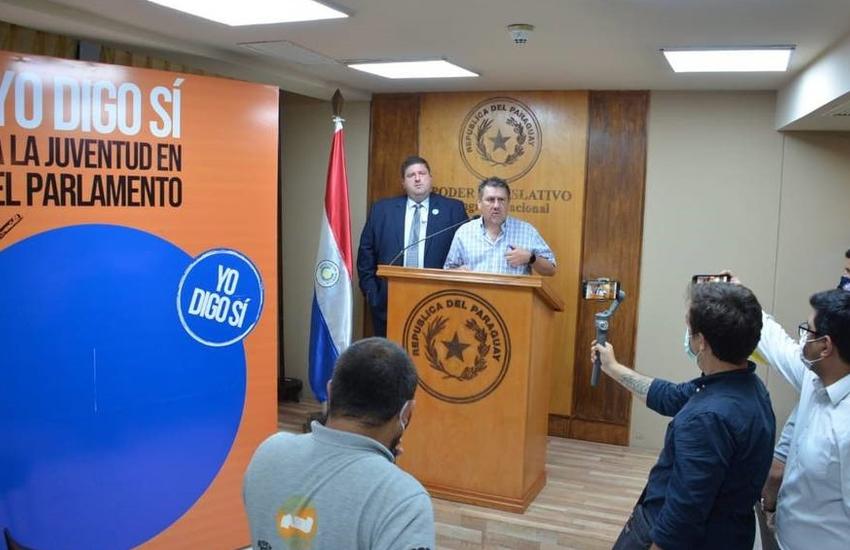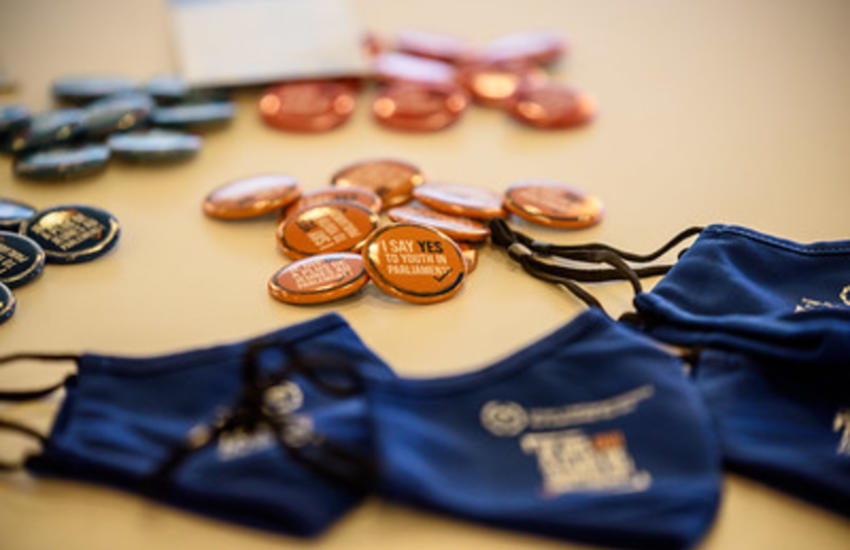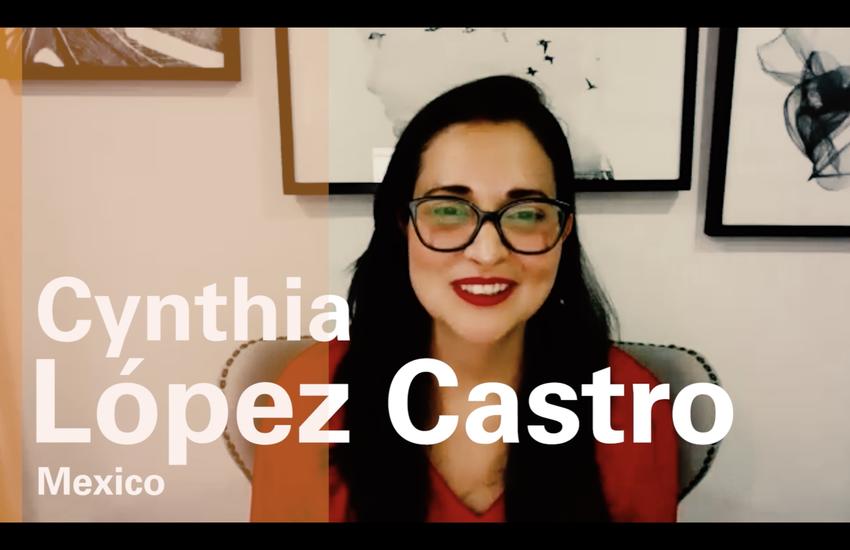Voices is part of a new IPU web series in which we interview parliamentarians from around the world. The views and opinions they express are their own and do not necessarily reflect the IPU’s position.
Shahzaib Durrani, young MP from Pakistan, is a member of the IPU Forum of Young Parliamentarians. We interviewed him on the occasion of International Youth Day on 12 August.
What are the barriers preventing youth from running for parliament in your country?
Currently, 64 per cent of Pakistan’s population is under 30 years of age. Although Pakistan’s youth has great potential to play a role in the national parliament, there are barriers that prevent youth from running for office.
First, young people with low income levels tend to aim to get paid jobs rather than contesting parliamentary elections. Sometimes, desperate social, economic and political conditions can push youth to take up criminal activities instead of playing a positive role in politics. The second barrier is the high expenditure involved in contesting elections for provincial and national assembly seats. Third, students’ unions were banned in 1984, which meant that young people had no local and national political training grounds. This discouraged them from engaging in national politics for a long time. The fourth factor for low participation of youth in politics is the traditional political environment in Pakistan. The “old is gold” mentality – prioritizing the experience of older people over the innovative outlook of youth in Pakistan – is a barrier. Similarly, political background is another stumbling block to the entry of young people from middle-class backgrounds into politics. It is not a level playing field because well-off political families are more popular in the traditional political environment and have strong links with other influential political families and local figures.
What can parliaments/governments do to make it easier?
International parliamentary forums and national parliaments have a lot of work to do to ensure effective participation of youth in national, regional and international politics. Young people’s economic conditions should be improved by giving them stipends for participating in local and national politics, especially in developing countries. Effective electoral laws should be introduced to institutionalize students’ unions in Pakistan, such as the resolution passed in 2017 by the Senate of Pakistan reviving students’ union in the country. Electoral laws should introduce a special quota allocating at least 50 per cent of seats in local, provincial and national parliaments to youth. Once there is a youth majority in parliaments, it will be easy for young MPs to legislate for greater youth participation in politics. Political parties must encourage young people to take an interest in politics and governance and provide them with moral, political and financial support to run for elections.
How has your experience in the IPU helped change you as an MP in your home country?
As an IPU young parliamentarian, I observed that in most developed and democratic countries, the majority of the MPs are young, and through their active role they are creating further opportunities for youth in local and national politics. Young people have the potential to better harness technological innovations in bringing about change in the social, economic and political conditions of their countries and regions. We currently face social, economic, political, technological and environmental challenges. These demand youth participation in national, regional and international politics through their parliaments because only youth can find solutions for these numerous challenges. I have worked for youth participation in Pakistan as a young member of parliament, by encouraging internship programmes in Senate of Pakistan and maintaining interaction with students’ unions, members of the national youth parliament and members of the Model United Nations in the universities of Pakistan.





